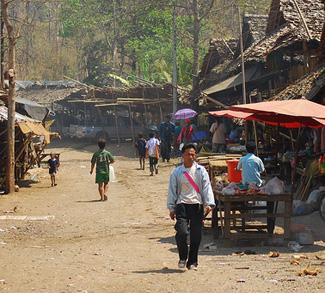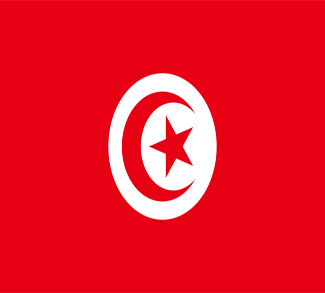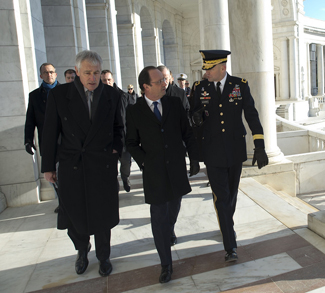Summary
A successful election is sure to be perceived as a victory for the NATO campaign in Afghanistan. However, August elections obscure what is really going on in Afghan politics – a rise in state-sanctioned corruption.
Analysis
Judging from recent political moves, President Karzai is willing to do anything to stay in power, from bribing opponents out of the race with cabinet positions to turning a blind eye on corruption and the drug trade. The centerpiece of his 2009 election campaign has been securing the support of Afghanistan’s warlords.
President Karzai’s amassing of warlord support signals the end of his experiment in pushing them out of government positions after the 2004 elections. His 2009 running mate, Mohammed Fahim, is himself an ethnically Tajik warlord and ex-commander in the Northern Alliance. Fahim and several other warlords represent regional and ethnic support bases that can be used to prop up President Karzai if the price is right. In just one such example, Sayed Jafer Naderi, another regional strongman, boasted that he could deliver President Karzai over a million votes from Central Afghanistan.
Political support from the warlords isn’t free. As such, President Karzai has had to make a series of backroom deals to consolidate his new power bases. Secrecy surrounds these dealings, and they could include anything from promises to reduce government meddling in regional affairs to lucrative positions in the new government.
One specific rumor that has emerged details an offer to Hazara warlords Muhammad Moheqiq and Karim Khalili that pledges the creation of new Hazara-dominated provinces in exchange for support in the August elections. If the Hazara rumors are true, it is a considerably short-sighted political dealing. The creation of new provinces along ethnic lines is sure to make the ethnic tinderbox of Afghanistan that much more volatile in years to come.
Broadly speaking, two major repercussions are likely to result from Kabul’s dependency on warlord support: widespread election fraud and continued state complicity, if not support, for the drug trade.
Warlords can use drug money to buy votes, and if recent reports detailing sales of voter registration cards are accurate, a vote costs around $30. Registration card fraud is expected to be rife in the restive south, particularly in areas controlled by President Karzai’s half-brother, Ahmed Wali Karzai.
Outside observers are already taking note of state-sponsored fraud. A recent UN report cited growing evidence that President Karzai is using state institutions to perpetrate widespread election fraud. Government workers and policemen have been playing on Pashtun fears of the half-Tajik Abdullah Abdullah to purchase voter registration cards in the south. While widespread fraud is sure to raise alarm from international groups, concerns about the election’s legitimacy risk being drowned out by NATO stakeholders who are desperate for a symbolic victory in Afghanistan.
Karzai-warlord collusion also ensures the expansion of Afghanistan’s poppy crop. What’s more, it has emerged that President Karzai has an even closer link to the drug trade. According to German news reports, the British military recently stumbled upon a large opium depot on properties belonging to Ahmed Wali Karzai. Even more alarming than the discovery is the fact that the depot was being guarded by 18 police officers, a sobering example of a burgeoning state-supported narcotics trade.
President Karzai’s political dependency on warlords and his ties to drugs both preclude the possibility of a Karzai government ever fully reigning in the drug trade. With the drug trade poised to thrive, Taliban insurgencies in Afghanistan and Pakistan won’t be deprived of their financial windfall any time soon.
Zachary Fillingham is a contributor to Geopoliticalmonitor.com



